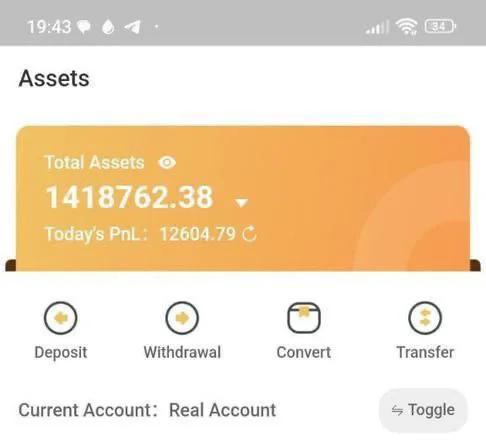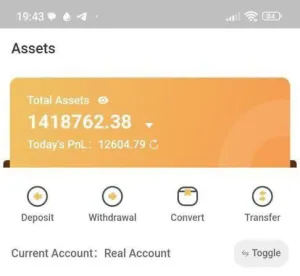Nigerian Woman Devastated After Losing Life Savings to Viral CBEX Ponzi Scheme

LAGOS, Nigeria – A Nigerian woman is grappling with unimaginable loss after investing her entire life savings into CBEX, a viral Ponzi scheme that swept across social media with promises of astronomical returns. The collapse of the scheme has left her, and thousands of others, in financial ruin, highlighting the devastating impact of unregulated investment scams in Nigeria and beyond.
The woman, whose identity remains private to protect her from further distress, reportedly poured all her savings into CBEX, enticed by its aggressive marketing and testimonials of early investors flaunting lavish lifestyles. CBEX, which claimed to be a cutting-edge cryptocurrency trading platform, gained traction in late 2024 through WhatsApp groups, TikTok videos, and X posts, where influencers and supposed success stories touted returns as high as 100% in weeks. For many Nigerians, struggling with soaring inflation and unemployment, the promise of quick wealth was irresistible.
“I believed it was my chance to secure a better future,” the woman shared through a community advocate, her voice heavy with regret. “Now, everything I worked for is gone.” Her story mirrors countless others who saw CBEX as a lifeline, only to watch their dreams evaporate when the platform abruptly shut down in early 2025, leaving investors unable to withdraw funds.
Ponzi schemes like CBEX operate by paying early investors with money from new participants, creating an illusion of profitability until the influx of new money dries up. When CBEX collapsed, it reportedly wiped out billions of naira, with losses felt across Nigeria, Ghana, and other African nations. Posts on X have amplified the fallout, with users sharing screenshots of inaccessible accounts and pleading for accountability. One user wrote, “CBEX took my school fees, my rent money. I don’t know how I’ll recover.” Another described a relative who suffered a breakdown after losing their retirement savings.
Nigeria’s history with Ponzi schemes, from MMM in 2016 to smaller scams like Loom, underscores the vulnerability of citizens in an economy where 40% live below the poverty line, according to World Bank data. CBEX exploited this desperation, using slick branding and fake testimonials to mask its lack of a viable business model. The Securities and Exchange Commission (SEC) had issued warnings about unregistered platforms like CBEX, noting their absence of regulatory oversight and transparency. Yet, enforcement struggles to keep pace with the rapid spread of digital scams, especially when amplified by social media.
Financial experts urge caution with any investment promising guaranteed or outsized returns. “If it sounds too good to be true, it probably is,” said Dr. Adeola Ogunleye, a Lagos-based financial advisor. “Legitimate investments carry risks and require clear documentation, regulation, and realistic projections. Always verify before you invest.” Ogunleye pointed to red flags with CBEX, including its lack of a verifiable address, opaque leadership, and reliance on referral bonuses to drive growth—hallmarks of a Ponzi scheme.
For the woman at the heart of this story, the loss is more than financial. Years of sacrifice—savings scraped together from long hours and careful planning—have vanished, leaving her to rebuild from nothing. Community advocates are calling for better education on financial literacy and stronger regulatory action to prevent future scams. “People need to know how to spot these traps,” said Chidi Okonkwo, a volunteer with a local NGO. “And those behind CBEX must face justice.”
As Nigeria grapples with the CBEX fallout, the broader lesson is clear: in an era of viral hype and economic hardship, vigilance is the only defense against predators disguised as opportunities. For now, the woman and thousands like her are left to pick up the pieces, their trust shattered and their futures uncertain.
If you or someone you know is considering an investment, verify its legitimacy through regulatory bodies like the SEC and seek advice from certified professionals. For more on CBEX or tips to avoid scams, let me know.







